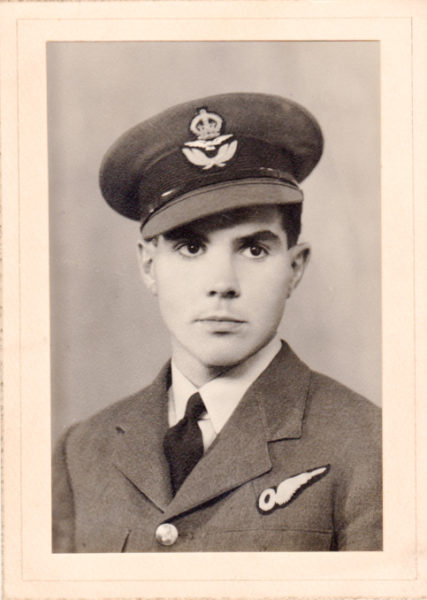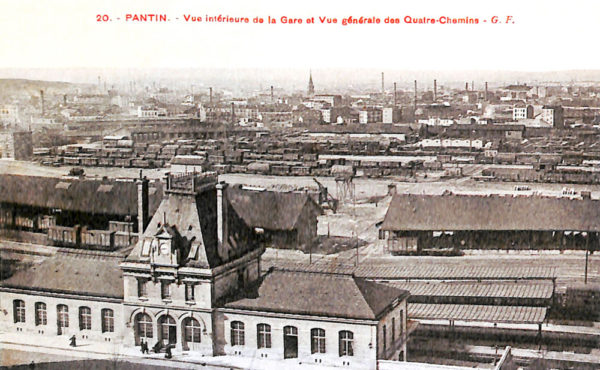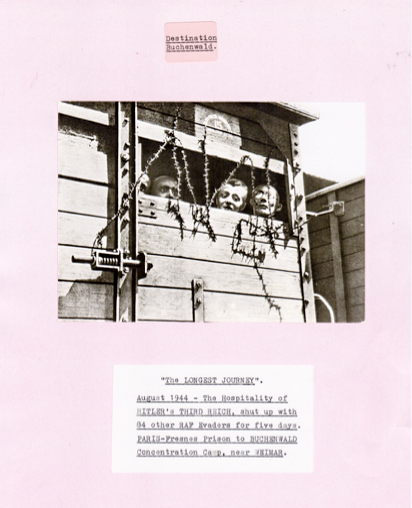The origins of slang names used for various combatants or combatant nations are acknowledged to be somewhat diffuse and shrouded by time. Today, many of the ethnic nicknames used during World War II are, rightfully, considered disparaging. The slang term for common British soldiers, “Tommy,” reportedly referred to a dying soldier named Private Thomas Atkins whose last words to the Duke of Wellington were, “It’s all right sir, all in a day’s work.” Slang names for Germans were numerous but one used during World War II was “Fritz.” This was the German pet form of Friedrich (the French used the slur, “Boche,” or hardhead). Germans and others used “Ivan” as the generic term for the Soviet foot and rifle soldier. It was a popular male name in Russia, especially for the ruling class (e.g., Ivan the Terrible).
Whether one was a Tommy, Fritz, or Ivan, the life of an ordinary soldier during war is a tough one. However, not all warrior lifestyles are the same. During World War II, of all the major combatant armies, I would say the Soviet soldier undoubtedly suffered through the hardest five years. Read More Tommy, Fritz, and Ivan





